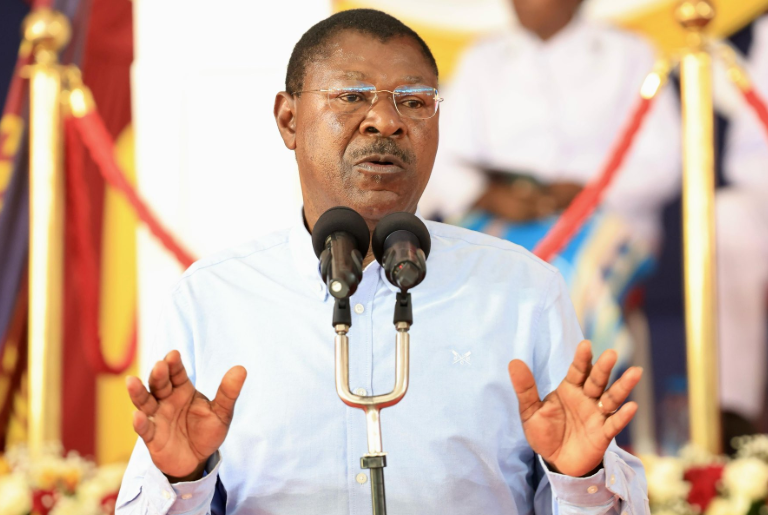Trump reign will help bolster accountability
By Stephen Ndegwa, November 7, 2024As Donald Trump takes office as the 47th president of the United States, many Kenyans look forward to his leadership with the hope that his administration will help curb endemic corruption among the political class. In his first term, Trump’s straightforward, no-nonsense approach to foreign relations was welcomed by many who believed he would apply pressure on corrupt leaders. Now, his second term presents an opportunity to reinforce accountability in Kenya, not by indulging the country’s political elite but by advocating for greater transparency and good governance.
Kenya has faced significant challenges with corruption. According to Transparency International’s Corruption Perceptions Index, Kenya ranks near the bottom globally, with billions lost annually in corrupt deals. For example, a 2020 report estimated that the country loses about $1.9 billion to corruption each year, money that could fund critical sectors like healthcare, education and infrastructure.
Trump’s approach should emphasise the “value for money” principle in US aid programmes. Kenya received $960 million in aid from the US in 2020 alone, primarily to support health initiatives and economic development. However, mismanagement of funds is a recurring issue, limiting the impact of these programmes on the ground. His administration could also push for rigorous audits of how these funds are allocated, ensuring that aid benefits everyday Kenyans rather than lining the pockets of corrupt officials.
Trump’s administration could strengthen anti-corruption partnerships with civil society and independent oversight bodies. Previous US administrations have often partnered with agencies such as Kenya’s Ethics and Anti-Corruption Commission but not always with the consistency needed to drive lasting change. This approach would allow Kenyan anti-corruption bodies to act independently of political influence, reinforcing accountability within the country’s governance structures.
A targeted sanctions policy could also be an effective tool in Trump’s strategy to keep Kenya’s political elite in check. Trump’s administration previously employed similar tactics with other nations, using travel bans and asset freezes against individuals involved in corrupt practices. Applying these measures to officials implicated in high-profile corruption cases would signal that the US will not tolerate leaders who abuse their power. For instance, public outrage over the looting of COVID-19 relief funds in 2020 highlighted the need for international pressure on corrupt officials, as the scandal undermined health services amid a global pandemic.
Trump could further encourage reform by promoting fair economic policies and investment that benefit the Kenyan people, rather than enriching a few elites. In his first term, Trump prioritised deals that emphasised mutual benefit and minimised dependency, which resonated well with many Africans.
Trump could encourage Kenya’s political leaders to demonstrate accountability. His administration could support electoral reforms that promote free and fair elections, ensuring that Kenyan leaders are chosen through credible and transparent processes. A stronger democracy, backed by an engaged and informed citizenry, would make it harder for corrupt leaders to maintain power. By supporting Kenya in strengthening its democratic institutions, Trump can empower the Kenyan people to hold their leaders accountable, fostering a political culture that prioritises integrity.
Trump has an opportunity to make a lasting impact on Kenya’s governance by pushing for accountability and transparency. Through targeted aid policies, sanctions against corrupt officials, support for anti-corruption agencies, and investment in Kenya’s economy, he can help guide the country toward a more transparent and fair governance model.
— The writer is a PhD student in International Relations-
More Articles

